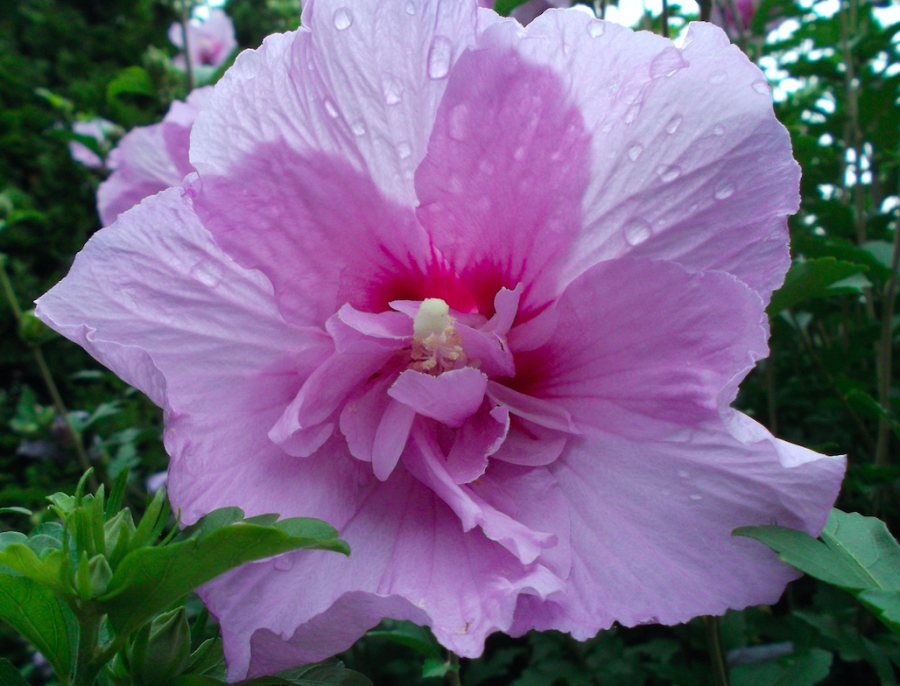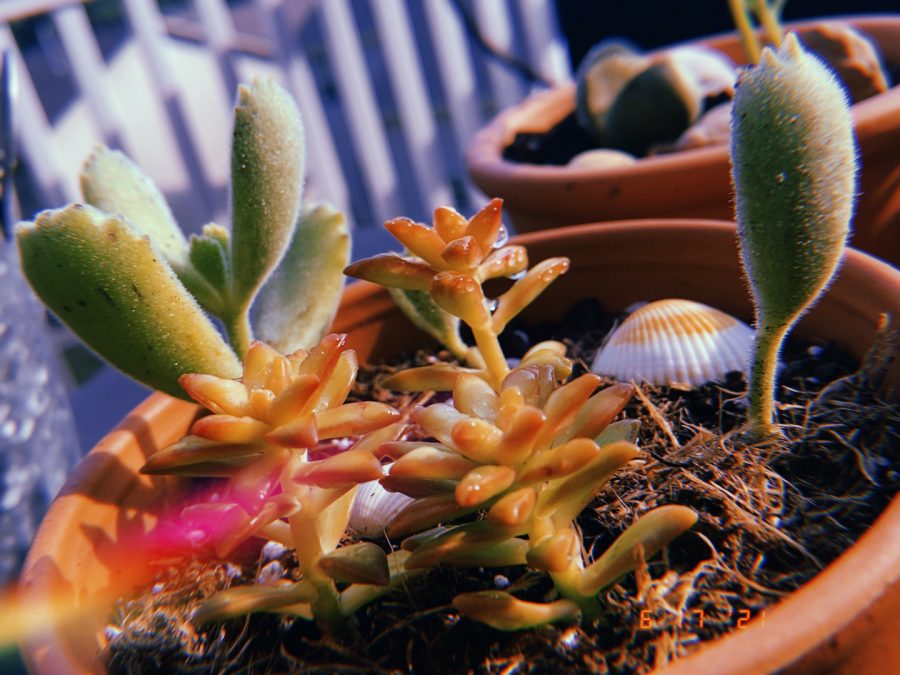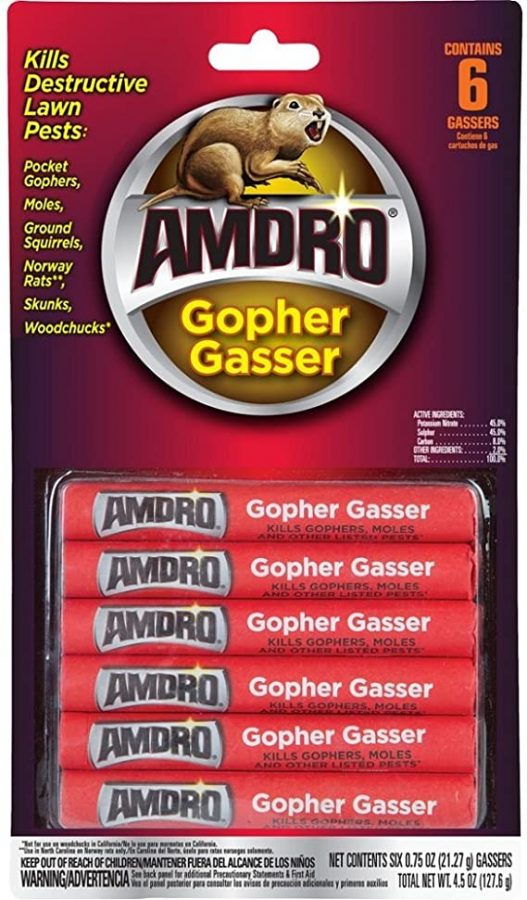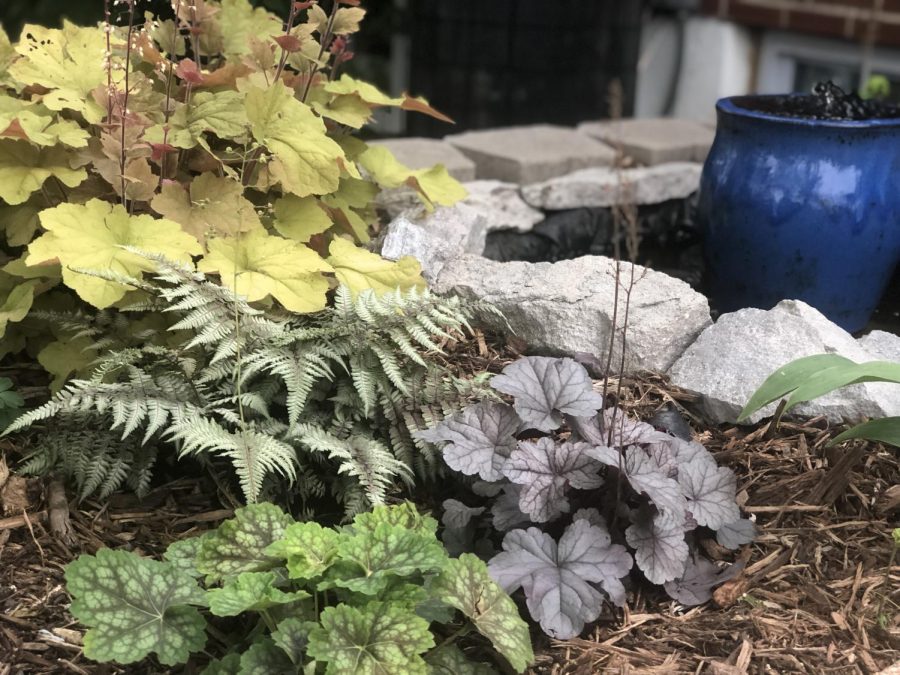Besides their role as traditional Christmas decorations, poinsettias can serve as tokens of goodwill, friendship and joy during the holiday season and beyond.
More than 50 million Americans will purchase a poinsettia plant this holiday season.
And while 75 percent prefer the familiar red version, there are currently more than 100 varieties available. White, pink, yellow, and even variegated poinsettias are gradually gaining popularity. The newest poinsettias to be cultivated include the “Plum Pudding” and “Avante Garde” varieties.
Named after Joel Poinsett, who introduced this indigenous Mexican plant to the United States during the 1800s while he served as the nation’s U.S. ambassador, poinsettias have become America’s best-selling potted plant. More than 85 percent of all potted plants sold annually are poinsettias.
Here are some care and handling tips for your own holiday classic:
When purchasing your plant, select a poinsettia with dark green foliage, strong, stiff stems, and completely colored flowers. Make sure your plant has no fallen or yellow leaves and that it is fully balanced and attractive from all sides.
Poinsettias thrive on bright, sunny natural daylight. Place your plant in indirect sunlight for at least six hours per day. Keep your room temperature between 68 to 70 degrees. Do not place your plant near drafts, heating vents or appliances.
Water the plant when the soil surface feels dry to a light touch. It’s very important not to allow your plant to sit in standing water.
It is not necessary to fertilize your poinsettias when they are in bloom. However, after the holidays, a balanced, all-purpose household plant fertilizer will help maintain the rich, green foliage color and promote new growth.
Do not place your poinsettia outside, as the plant is sensitive to chilling temperatures.






















